EU40 Summer Party 2023 – Exclusive Rooftop Gathering
The EU40 Summer Party has always been the go-to gathering for Europe’s young and dynamic leaders, and this year was no exception. It was an exclusive event, with a guest list that included young MEPs, professionals, and officials from the European Parliament, European Commission and Council. The atmosphere was one …




